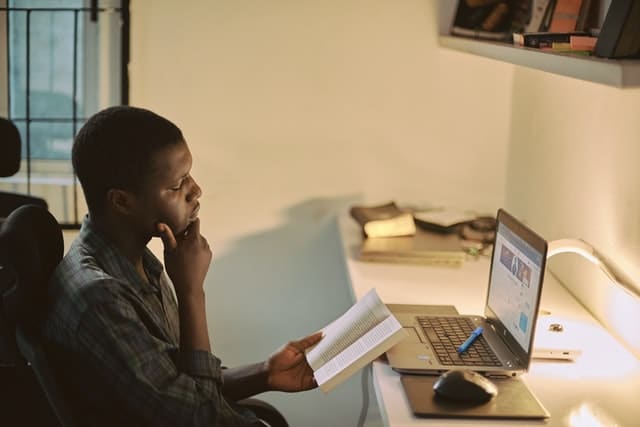Are you finding it challenging to stay focused on your studies because of your constant urge to check out the latest videos on YouTube? You’re not alone.
YouTube addiction is a real problem that affects many students, often leading to poor academic performance. The good news is that there are several strategies you can use to stop getting distracted by YouTube while studying.
One of the main reasons why YouTube can be so distracting is because of its endless stream of content.
With just a click of a button, you can easily get sucked into a rabbit hole of videos that can leave you hours behind schedule.
This is why it’s important to have a plan in place to help you stay on track. In the following paragraphs, we’ll explore some practical tips that will help you overcome distractions and stay focused on your studies.
Table of contents
Understanding Distractions
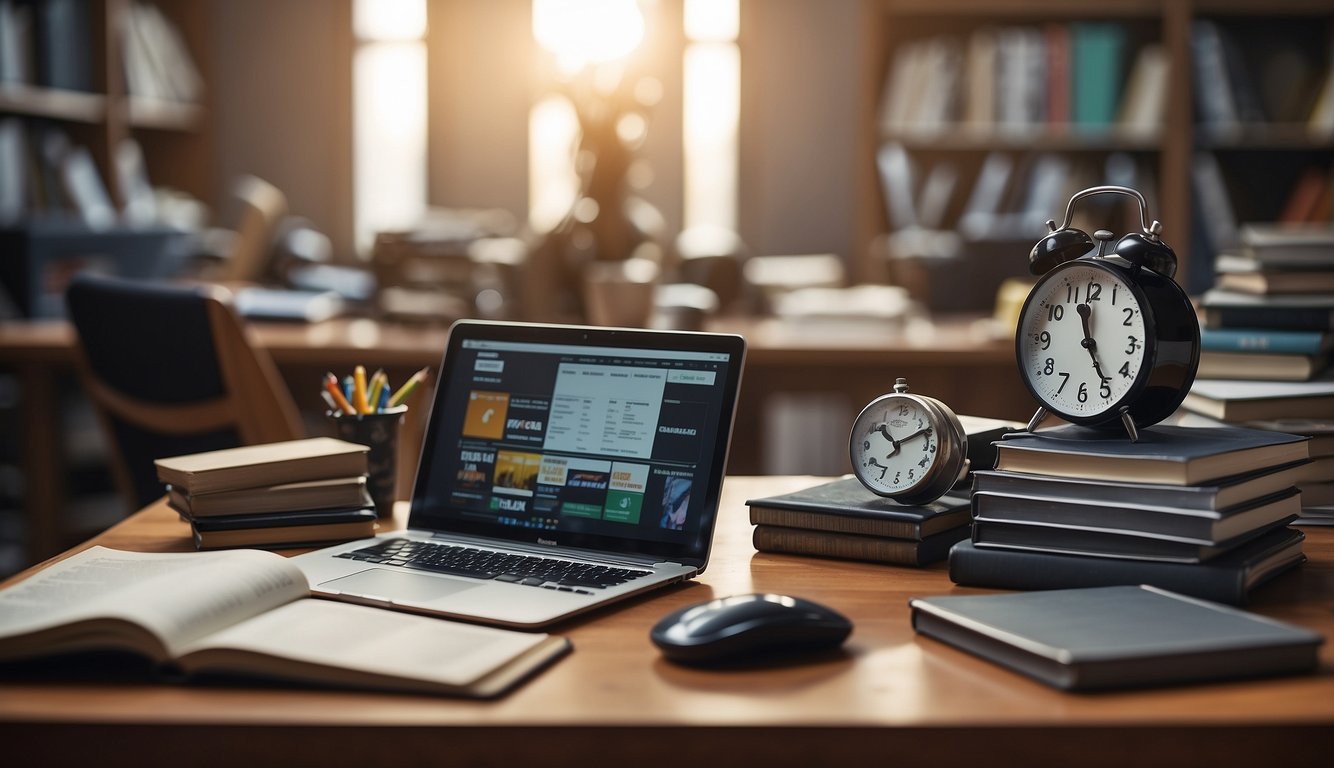
When you sit down to study, it’s easy to get distracted by various things, especially social media platforms like YouTube. Understanding the nature of distractions is the first step towards overcoming them.
Types of Distractions
Distractions can be broadly categorized into two types – external and internal.
External distractions are those that come from the environment around you, such as notifications on your phone, people talking, or music playing.
Internal distractions are those that come from within, such as daydreaming, worries, or lack of focus.
Social media platforms like YouTube fall under external distractions. They are designed to grab your attention and keep you engaged for as long as possible.
The autoplay feature on YouTube can be particularly distracting, as it keeps playing videos one after the other, making it difficult to stop watching.
Impact on Productivity
Distractions can have a significant impact on your productivity. Every time you get distracted, it takes time to refocus and get back into your study zone. This can lead to a loss of momentum and a decrease in overall productivity.
Moreover, distractions can also affect your attention span. The more you get distracted, the harder it becomes to concentrate for extended periods. This can make it difficult to retain information and can lead to poor academic performance.
To combat distractions, it’s essential to identify the sources of distractions and take steps to eliminate or reduce them. In the next section, we will discuss some practical strategies to help you stay focused while studying.
Creating an Effective Study Environment
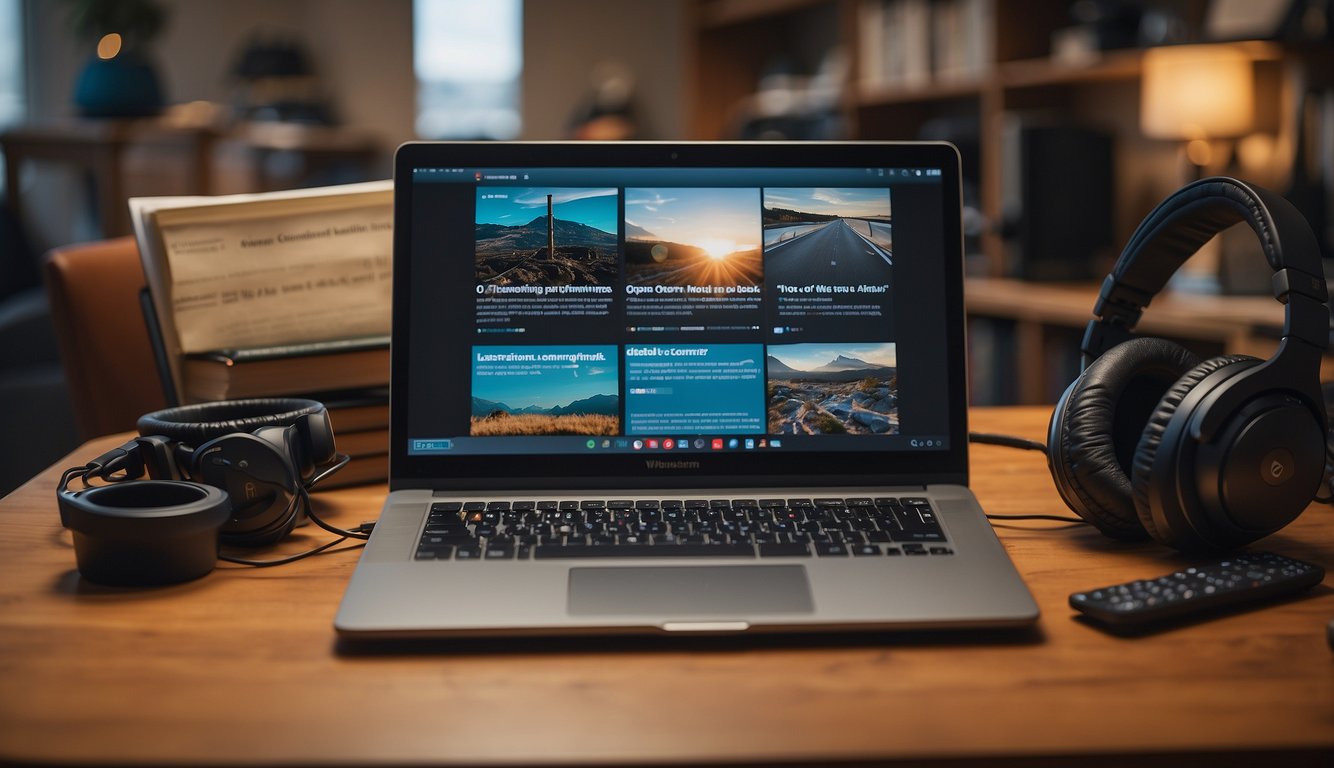
When it comes to studying, your environment plays a crucial role in your ability to concentrate and retain information.
Here are some tips to help you create an effective study environment.
Choosing the Right Study Space
Choosing a suitable study space can make a big difference in your ability to concentrate. Ideally, you should choose a space that is quiet, well-lit, and free from distractions.
Some good options include a quiet corner of the library, a dedicated study room at home, or a coffee shop with a relaxed atmosphere.
Minimizing Noise and Interruptions
Noise and interruptions can be major distractions when you’re trying to study. To minimize these distractions, consider investing in noise-canceling headphones. These headphones can help block out background noise and allow you to focus on your work.
It’s also important to let others know that you’re studying and need to concentrate. If you’re studying at home, consider putting up a “do not disturb” sign or letting your family members or roommates know that you need some quiet time.
If you’re studying in a public space, try to find a spot away from high-traffic areas and avoid sitting next to people who are likely to be loud or disruptive.
By creating an effective study environment, you can improve your concentration and increase your chances of success.
Managing Electronic Devices
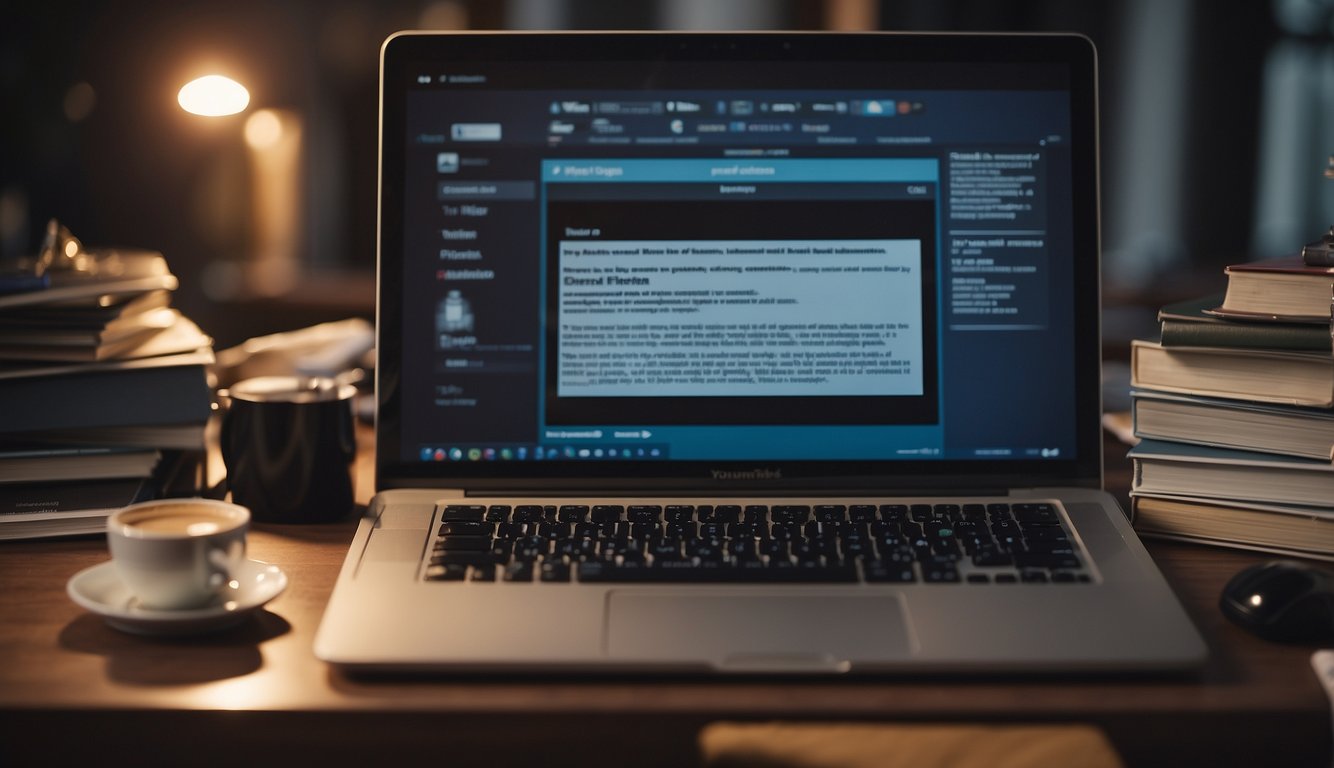
When studying, it is important to manage your electronic devices to avoid getting distracted by YouTube.
Here are some tips on how to manage your electronic devices:
Smartphone and Social Media Apps
Your smartphone can be a major source of distraction while studying. You can use the following tips to manage your smartphone while studying:
- Turn off notifications for social media apps to avoid getting distracted by them.
- Use apps like Freedom to block distracting apps during study sessions.
- Keep your phone out of reach during study sessions to avoid the temptation of checking it.
Computer and Online Classes
Your computer can also be a major source of distraction while studying. You can use the following tips to manage your computer while studying:
- Use software like Freedom to block distracting websites during study sessions.
- Close all unnecessary tabs and applications before starting a study session.
- If you are taking an online class, use a separate browser window or desktop for the class to avoid getting distracted by other tabs and applications.
By managing your electronic devices, you can avoid getting distracted by YouTube and other sources of distraction while studying.
Improving Study Habits
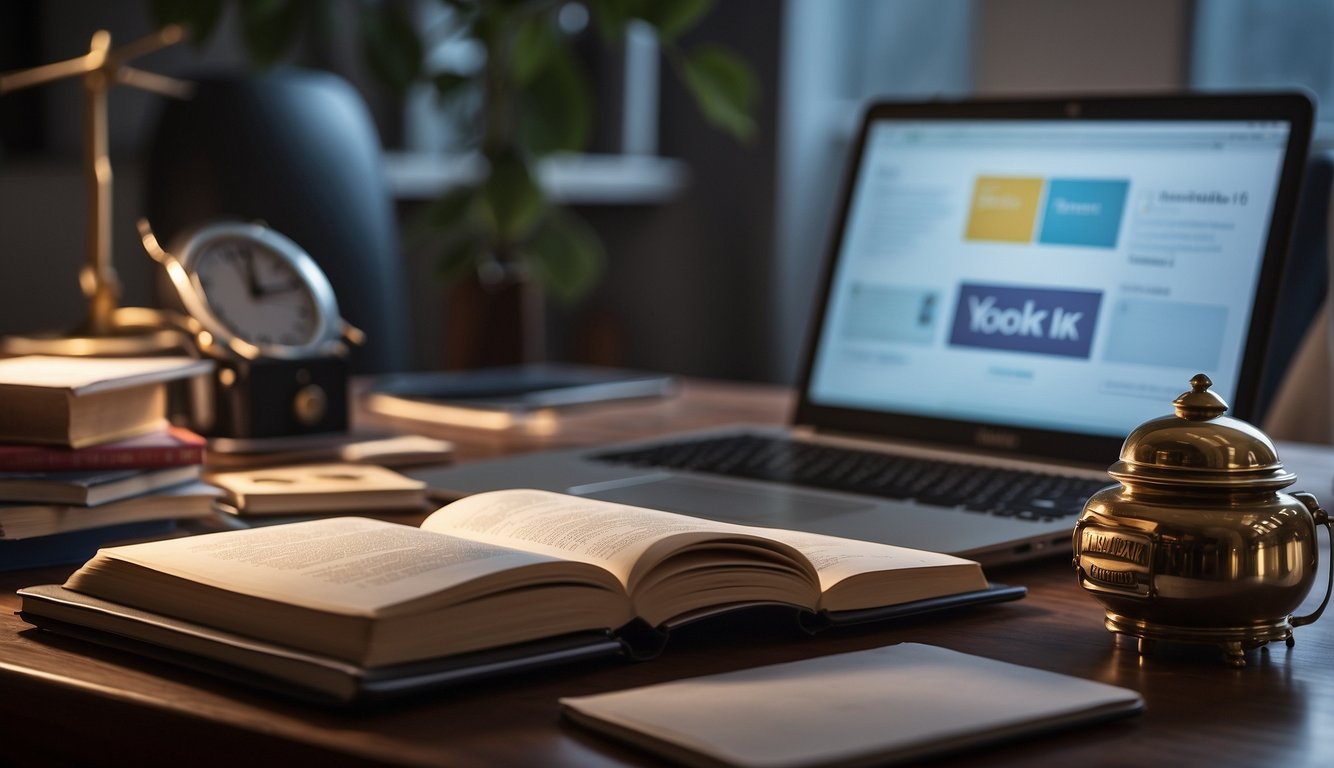
When it comes to studying, it’s important to develop good habits that will help you stay focused and on track.
Here are a few tips to help you improve your study habits:
Developing a Study Schedule
Creating a study schedule can help you stay organized and ensure that you have enough time to cover all of your material.
Start by identifying the tasks you need to complete and how much time you’ll need for each one. Then, create a schedule that includes specific times for studying, breaks, and other activities.
One effective way to create a study schedule is to use a planner or calendar. You can also use online tools or apps to help you stay on track.
Make sure to stick to your schedule as much as possible, but also be flexible enough to adjust it if necessary.
Employing the Pomodoro Technique
The Pomodoro Technique is a time-management method that can help you stay focused and productive. It involves breaking your work into 25-minute intervals, with short breaks in between. After four intervals, take a more extended break.
To use the Pomodoro Technique, start by setting a timer for 25 minutes. During this time, focus solely on your task. When the timer goes off, take a short break of five minutes. Then, repeat the process.
Using a Pomodoro timer can help you stay disciplined and avoid distractions. It can also help you work more efficiently and effectively.
By developing good study habits and employing techniques like the Pomodoro Technique, you can improve your focus and productivity while studying. Remember to stay disciplined and stick to your schedule, and don’t be afraid to adjust your approach if necessary.
Leveraging Tools and Techniques
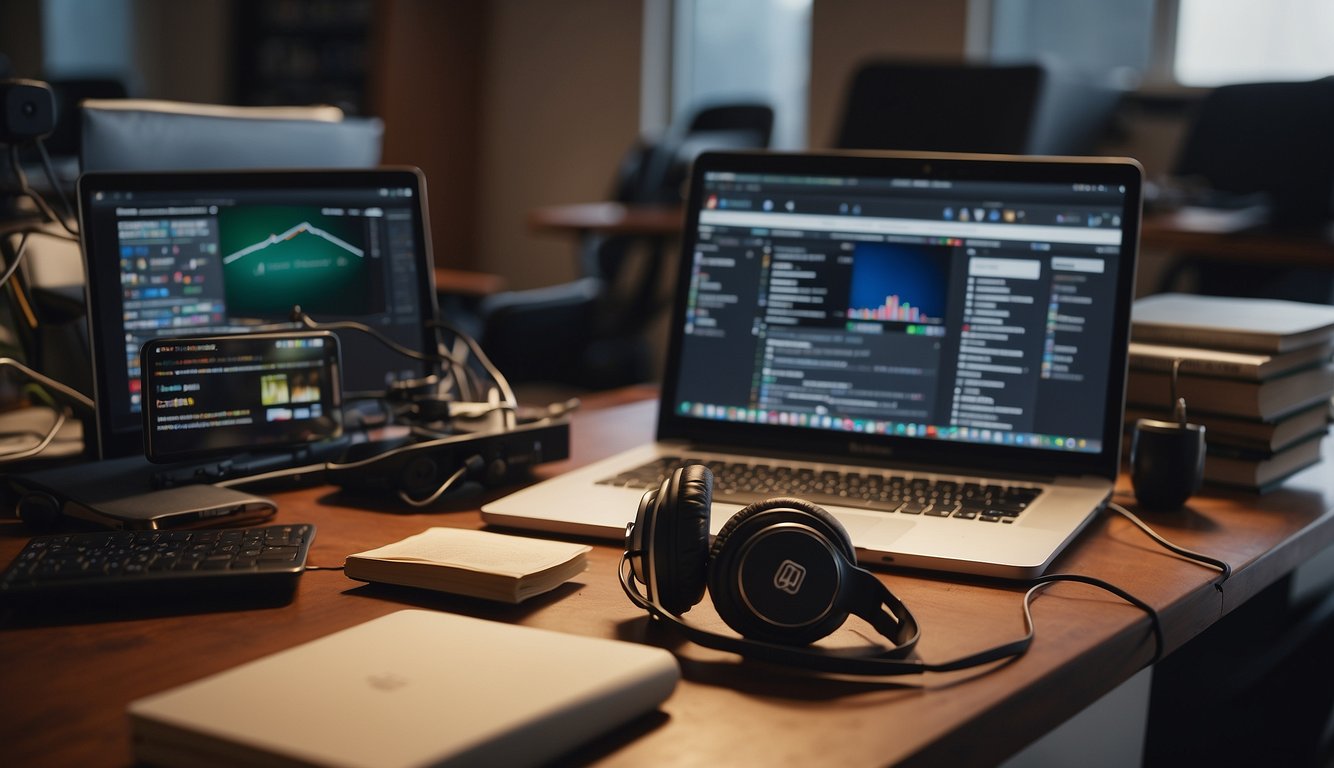
When it comes to studying effectively, it’s important to stay focused and avoid distractions like YouTube. Fortunately, there are several tools and techniques you can use to help you stay on track.
Using To-Do Lists
One of the most effective tools for staying productive is a to-do list. By creating a list of tasks you need to complete, you can stay organized and ensure that you’re making progress towards your goals.
To create a to-do list, start by writing down all of the tasks you need to complete and then prioritize them based on importance and urgency.
As you complete each task, check it off the list to give yourself a sense of accomplishment and motivation to keep going.
Setting Screen Time Limits
Another effective technique for avoiding distractions is to set screen time limits. This can be done using tools like the “Screen Time” feature on your phone or computer, which allows you to set limits on the amount of time you spend on certain apps or websites.
By setting a limit on the amount of time you can spend on YouTube, you can ensure that you’re not getting distracted from your studies.
Overall, by leveraging tools like to-do lists and screen time limits, you can be more productive and avoid distractions like YouTube while studying.
Addressing Specific Distractions
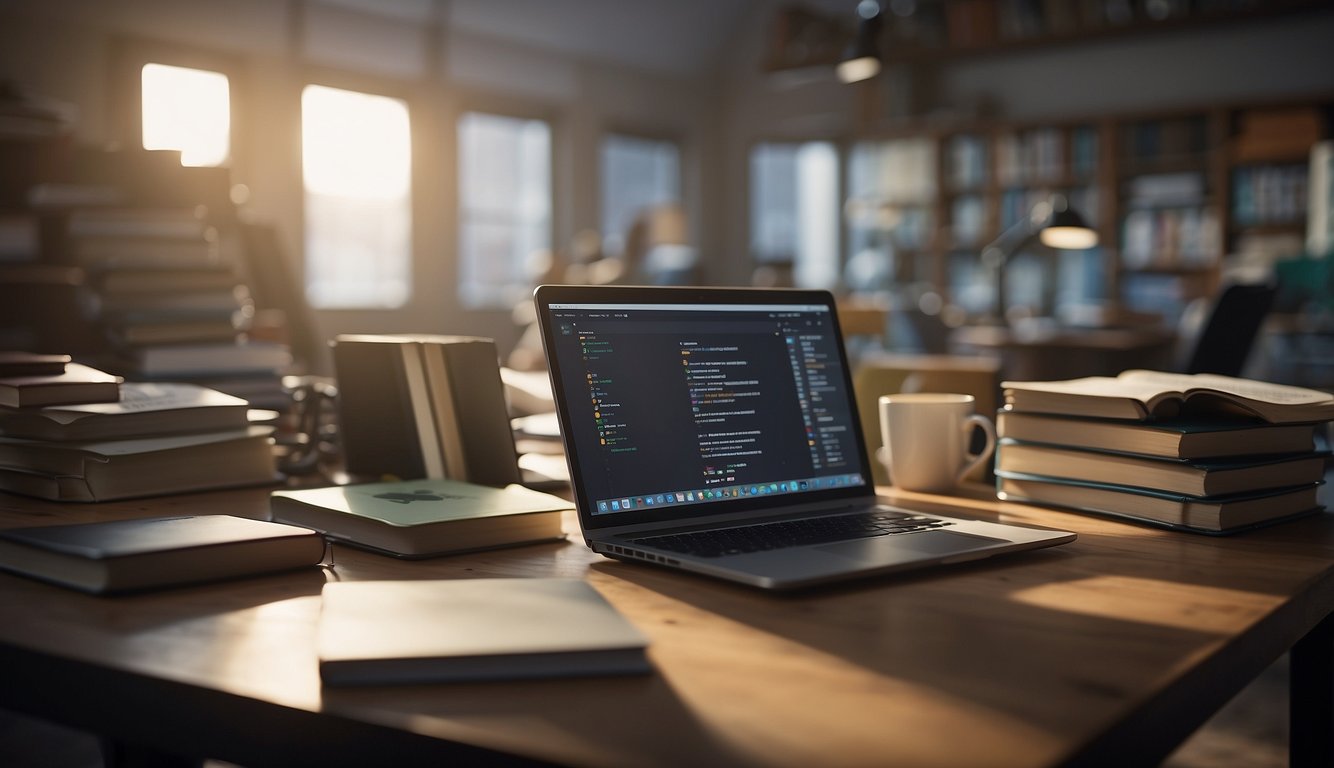
When it comes to studying, distractions can come in many forms. Social media and entertainment platforms are some of the biggest culprits.
Here are some ways to handle these distractions:
Handling Social Media Intrusions
Social media platforms like Facebook, TikTok, and Reddit can be major distractions when studying. One way to handle these intrusions is to use website blockers. There are many browser extensions available that can block access to specific websites for a set amount of time. This can help you stay focused on your studies.
Another way to handle social media distractions is to turn off notifications. Notifications can be a constant source of distraction, so disabling them can help you stay focused. You can also schedule specific times to check your social media accounts so you don’t feel like you’re missing out.
Dealing with Entertainment Platforms
Entertainment platforms like television and games can also be major distractions when studying. One way to handle these distractions is to create a schedule.
Set aside specific times for watching television or playing games, and stick to that schedule. This can help you stay focused on your studies.
Another way to handle entertainment distractions is to use them as a reward.
For example, you can tell yourself that you’ll watch an episode of your favorite show or play a game after you finish studying for a certain amount of time. This can help motivate you to stay focused and get your work done.
Remember, the key to handling distractions is to be aware of them and have a plan in place to deal with them. By using these strategies, you can stay focused on your studies and avoid getting distracted by social media and entertainment platforms.
Maintaining Motivation and Focus
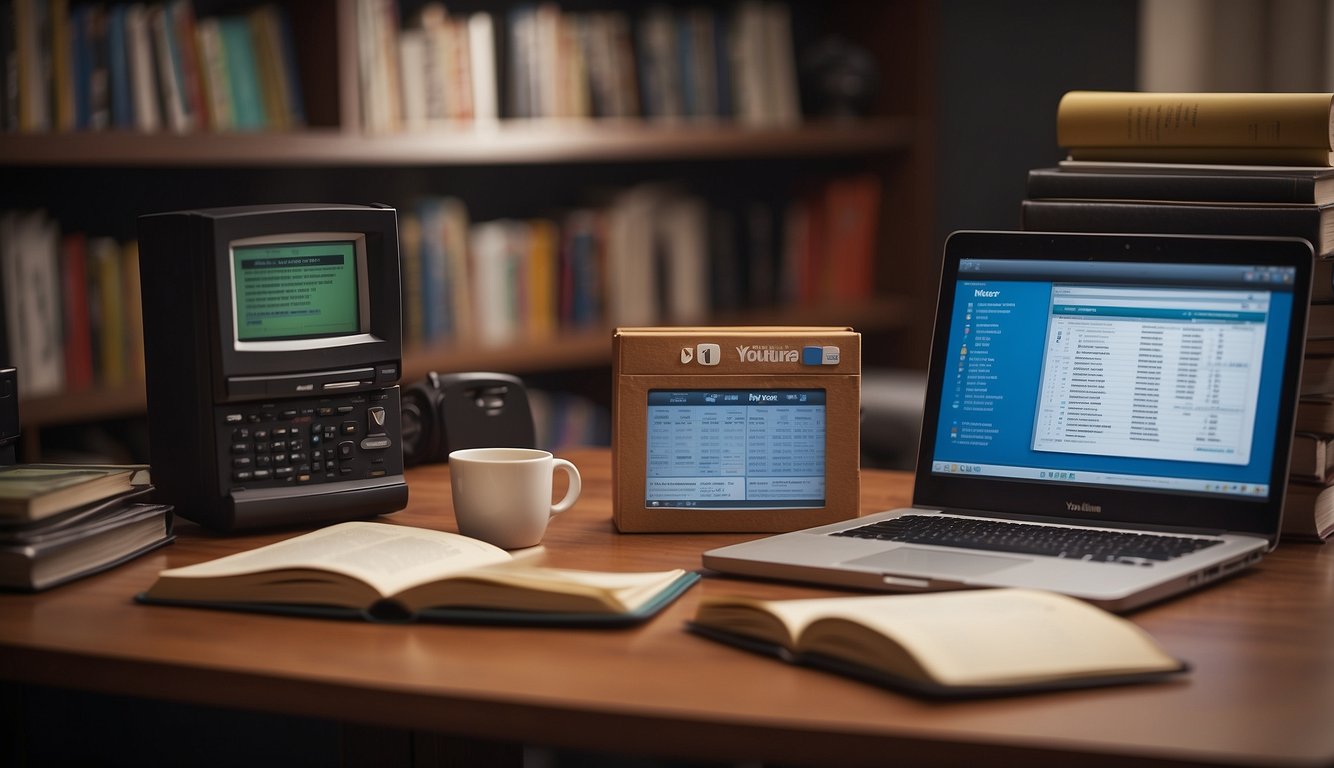
When studying, it’s easy to get distracted by YouTube and other online platforms. To stay focused and motivated, it’s important to set clear goals and incorporate reward systems.
Setting Clear Goals
Start by setting clear goals for your study session. This will help you stay focused and motivated. Make sure your goals are specific and achievable.
For example, instead of saying, “I want to study for two hours,” say, “I want to read and take notes on two chapters of my textbook.”
Incorporating Reward Systems
Reward yourself for staying focused and completing your goals. This will help you stay motivated and focused.
For example, after completing a chapter of your textbook, take a 10-minute break to watch a YouTube video. You can also set up a reward system for completing larger goals, such as finishing a major project or passing an exam.
By setting clear goals and incorporating reward systems, you can stay motivated and focused while studying. This will help you avoid distractions and make the most of your study time.
Conclusion
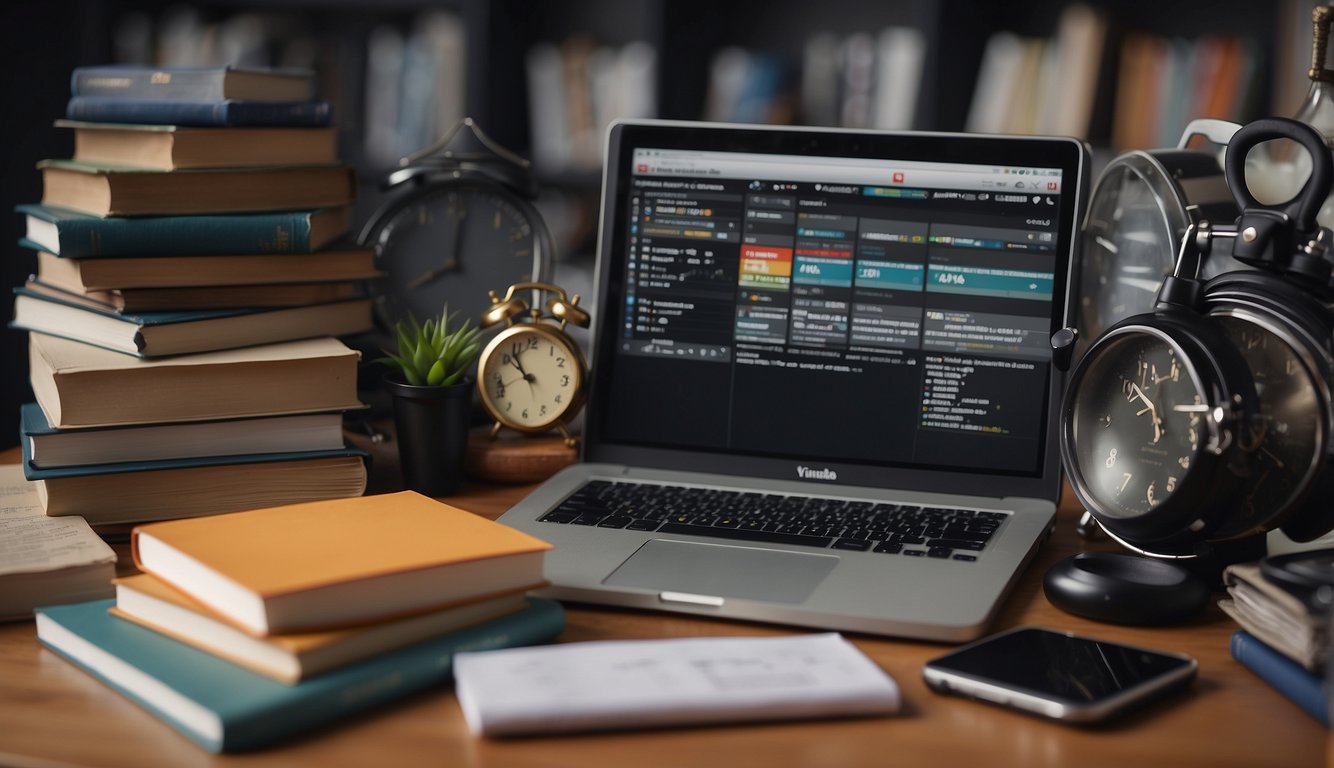
By following the tips and strategies outlined in this article, you can significantly reduce the amount of time you spend watching YouTube videos and increase your productivity while studying. Remember to establish a consistent study routine that works for you and stick to it.
If you find that music helps you focus, try listening to instrumental or classical music instead of popular songs with lyrics that can be distracting. Alternatively, you can try studying in a quiet environment without any background noise.
It’s also important to be mindful of the type of content you’re watching on YouTube. If you find yourself getting sucked into videos that are not relevant to your studies, it may be helpful to create a separate YouTube account specifically for educational content.
Finally, if you’re having trouble staying focused during your study sessions, try using the Pomodoro technique or other time management strategies to break up your work into manageable chunks.
And remember, distractions are a natural part of the learning process, so don’t be too hard on yourself if you slip up from time to time. With practice and patience, you can train your brain to stay focused and on task, even in the face of tempting YouTube videos.
